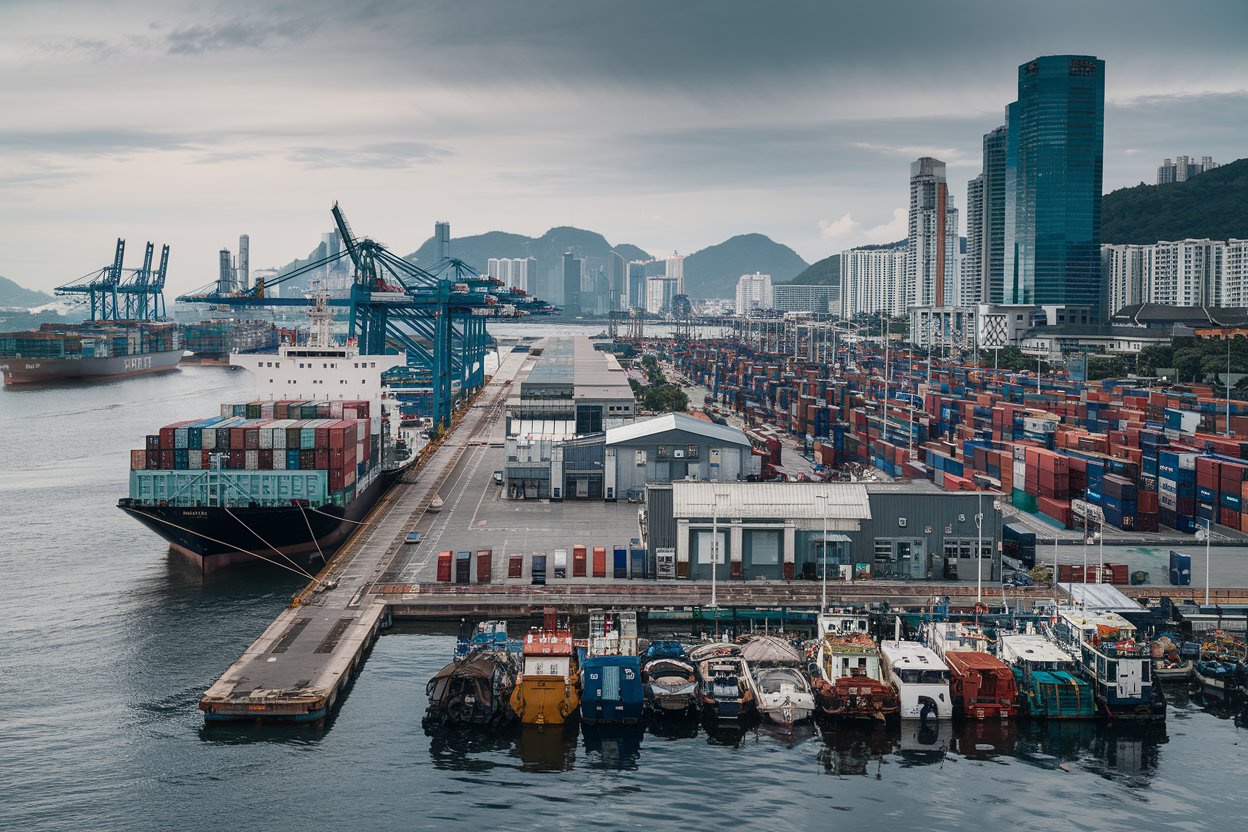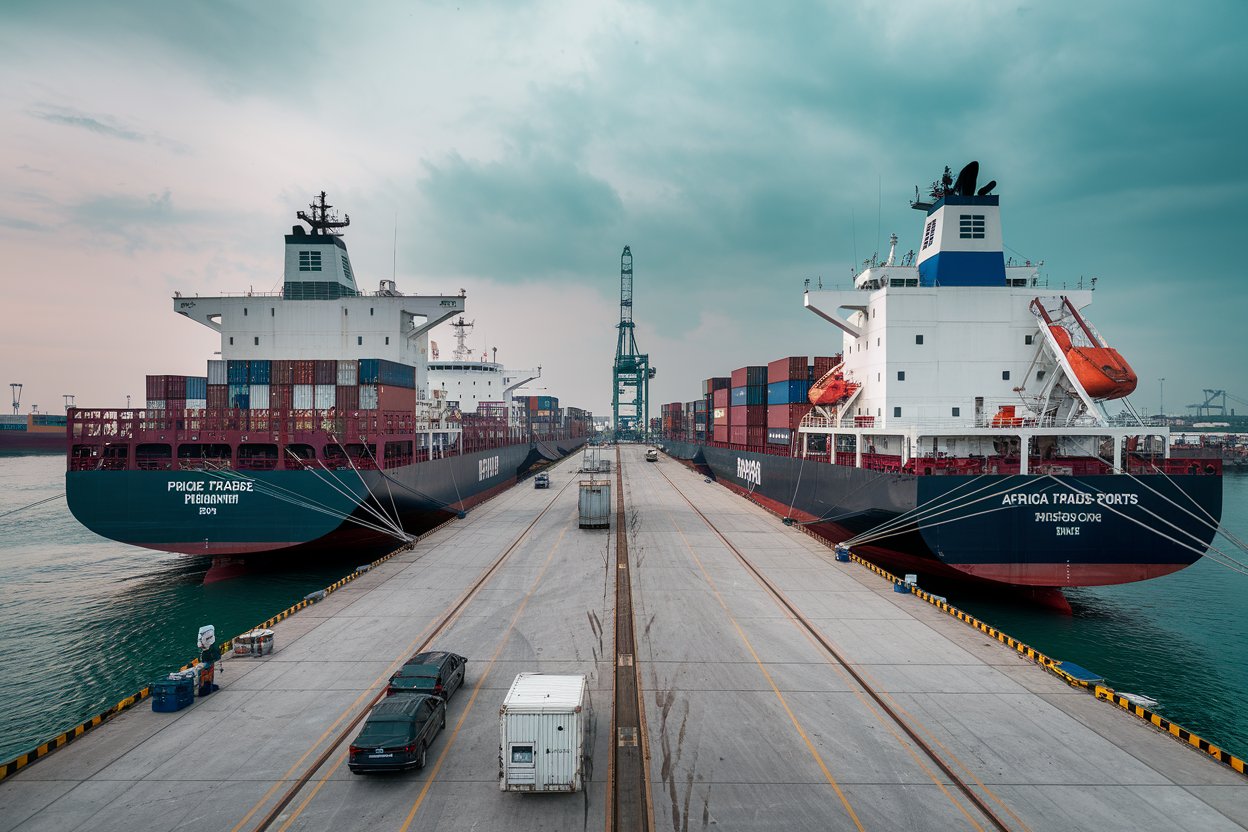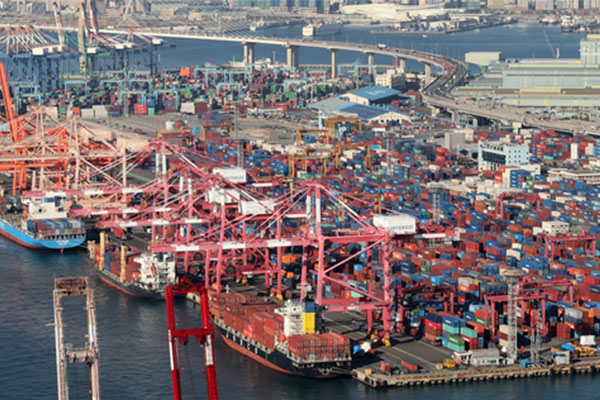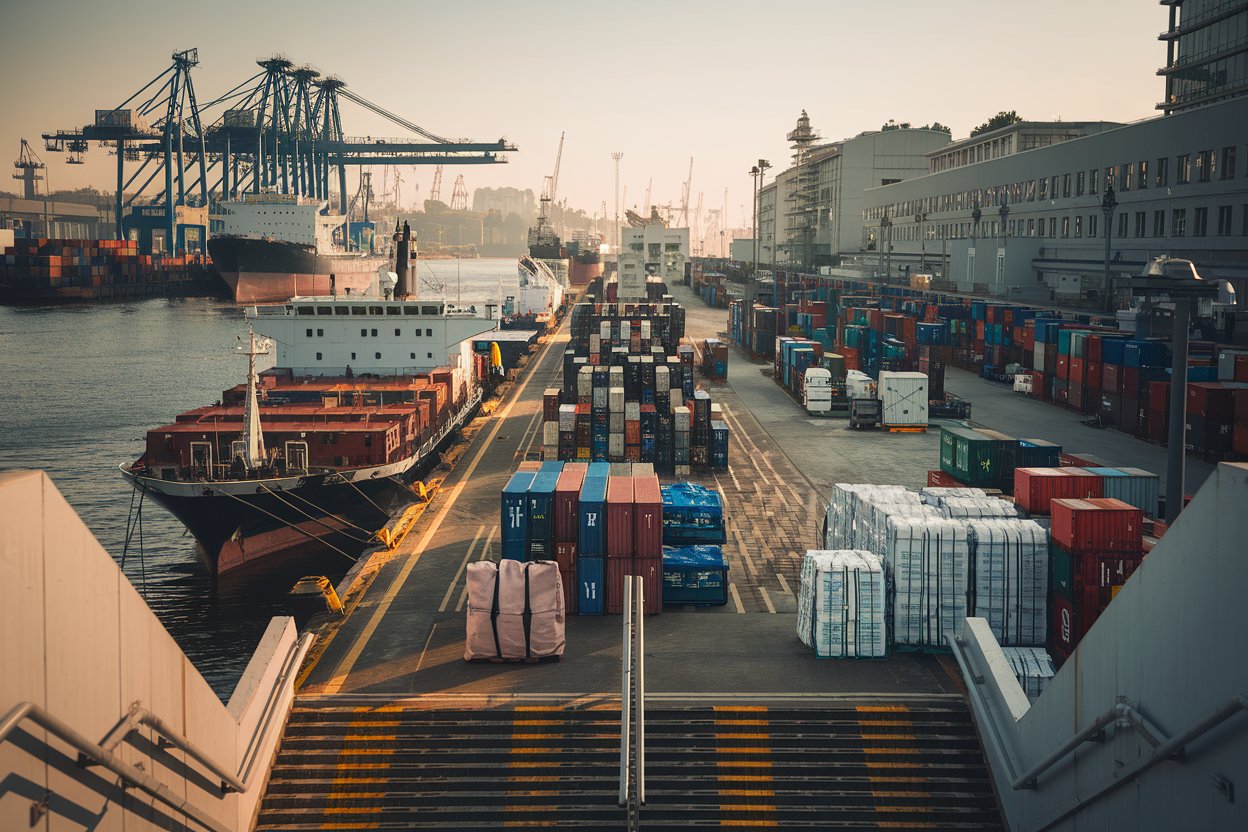- Shanghai Zhongshen International Trade Co., Ltd. - Two decades of trade agency expertise.
- Service Hotline: 139 1787 2118
Basic principles and legal requirements of CE certification
CE certification is the EUs safety, health, and environmental compliance certification for products entering its market. For AC motor products, CE certification is usually mandatory and must comply with requirements such as the Low Voltage Directive (LVD) and Electromagnetic Compatibility Directive (EMC). Products must bear the CE mark, and the certification certificate will list the manufacturers name and address.
According to EU regulations, CE certification applies to products, but the manufacturer is the certification subject, responsible for ensuring product compliance and bearing legal liability. Exporters who are not manufacturers typically do not directly hold CE certificates.
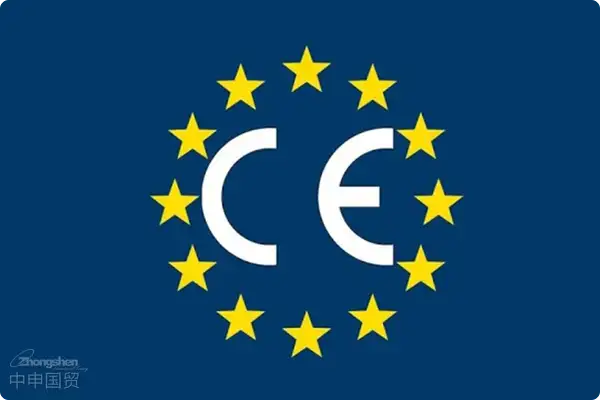
foreign tradeCompliance analysis under company-factory relationships
In practical cases, such as goods produced by a factory with CE certification but exported by a foreign trade company using a branch name without CE certification. The foreign trade company and the factory are independent legal entities, connected only through a relative of the company owner with no equity relationship. In such cases, borrowing the factorys CE certification presents compliance challenges:
: In the case of export by purchasing export rights, the foreign exchange you receive cannot be normally verified. This means that there may be problems with your cash flow, and over time, the financial accounts will also become chaotic.
- Legal entity mismatchThe manufacturer listed on the CE certificate must be the actual producer (factory). The foreign trade company, as the exporter, does not have manufacturer status and cannot directly use the factorys CE certificate.
- Customs inspection risksProducts using neutral English trademarks may require verification of manufacturer identity and CE certification validity by customs. If the foreign trade company cannot provide matching supporting documents, it may face rejection or delays.
Can the factorys CE certification be borrowed?
In theory, CE certification applies to products, not companies. As long as the product meets certification requirements and the certificate is valid, exporters may reference the manufacturers CE certificate in certain cases. However, in reality, since the foreign trade company and factory are independent entities, borrowing CE certificates requires caution:
- FeasibilityIf the factory authorizes the foreign trade company to use its CE certificate and provides relevant supporting documents (e.g., authorization letter), customs may accept it. This requires clear documentation showing manufacturer identity and responsibility.
- Changes in payment methodsWithout formal authorization or supporting documents, customs may question the validity of the CE certificate, especially under neutral trademarks where manufacturer information is unclear.
Compliant solutions
To ensure smooth customs clearance of exported goods, consider the following solutions:
Direct export by manufacturer
- ModeHave the factory export under its name using its CE certificate.
- AdvantagesFully compliant, avoiding legal entity issues.
- ChallengesRequires adjustment of contracts and payment arrangements.
Authorized Representative Agreement
- Mode: The trading company signs an agreement with the factory to become its authorized representative in the EU, legally using the CE certificate.
- Advantages: Compliant and operationally flexible.
- : For goods exported to Thailand, the value - added tax rate is: The agreement must comply with local regulations and clearly define responsibility allocation.
Applying for New CE Certification
- Mode: The trading company independently applies for CE certification for the product.
- Advantages: Completely resolves compliance issues.
- Disadvantages: Time-consuming and relatively costly.
Transparent Communication and Document Support
- Mode: Provide copies of the factorys CE certificate, authorization letter, and contract to clarify the relationship between the manufacturer and exporter.
- Advantages: Temporarily alleviates customs concerns in the short term.
- Changes in payment methods: Limited effectiveness, dependent on customs recognition.
Practical suggestions
- Prepare documents in advance: Prepare the factorys CE certificate, authorization letter, and product compliance declaration for customs inspection.
- Clarify Manufacturer Information: Indicate the factory name and address on the product nameplate to ensure consistency with the CE certificate.
- Consult Experts: Contact CE certification bodies or international trade lawyers to confirm specific requirements for Serbia.
- Communication with Customers: Inform clients in advance about certification arrangements to avoid subsequent disputes.
Conclusion
When the trading company and factory are independent entities without equity relations, directly borrowing the factorys CE certification carries legal and operational risks. To ensure smooth shipmentWhen exporting metal jewelry to the EU, especially during sample customs clearance, the requirements are often diverse. Especially in the current international environment, the EU has carried out more reviews and supervision of the origin of raw materials. The non - Russian material declaration you mentioned, it is recommended to standardize operations through authorization agreements or document support, or have the factory export directly. Compliance is key to avoiding customs issues—never take chances.
Related Recommendations
Learn
Get in Touch
Email: service@sh-zhongshen.com
Related Recommendations
Contact via WeChat

? 2025. All Rights Reserved. Shanghai ICP No. 2023007705-2  PSB Record: Shanghai No.31011502009912
PSB Record: Shanghai No.31011502009912
